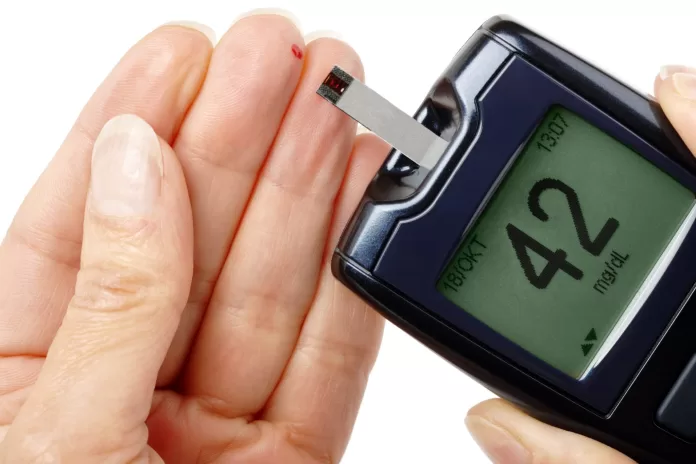Hypoglycemia, often known as low blood sugar, is a condition that can significantly impact an individual’s health and quality of life. While it is commonly associated with diabetes, hypoglycemia can affect anyone. This detailed guide aims to provide a thorough understanding of hypoglycemia, covering its symptoms, causes, management strategies, and lifestyle adaptations. By gaining a deeper insight into this condition, individuals can better manage their health and prevent potential complications.
What is Hypoglycemia?
Hypoglycemia occurs when the blood sugar levels drop below the normal range, usually less than 70 mg/dL (milligrams per deciliter). Blood sugar, or glucose, is crucial since it’s the primary energy source for the brain and body. When levels fall too low, it can lead to symptoms ranging from mild discomfort to severe health issues.
Symptoms of Hypoglycemia
Recognizing the symptoms of hypoglycemia is essential for timely intervention. Common symptoms include:
- Shakiness: This trembling sensation is often one of the earliest signs indicating low blood sugar.
- Sweating: An increase in perspiration unrelated to external temperature changes.
- Rapid Heartbeat: A quickened pulse is the body’s response to stress from low blood sugar.
- Confusion and Dizziness: As the brain’s primary fuel source depletes, cognitive functions are impaired, leading to confusion or feeling lightheaded.
- Blurred Vision: Vision may become unclear due to an insufficient glucose supply to the brain and eyes.
Causes and Triggers of Hypoglycemia
Hypoglycemia can result from various factors, some of which include:
- Skipping Meals: Fasting can lead to a significant drop in blood sugar, especially if insulin or other diabetic medications are still active in the system.
- Excessive Alcohol Consumption: Alcohol can make it difficult for the liver to release glucose into the bloodstream, contributing to low blood sugar.
- Over-medication: Taking too much insulin or other diabetic medications can lower blood sugar levels excessively.
- High Physical Activity: Engaging in strenuous exercise without adequate carbohydrate intake can trigger hypoglycemia.
Managing Hypoglycemia with Diet
Diet plays a crucial role in managing hypoglycemia. Here are some dietary suggestions:
- Eat Small, Frequent Meals: Consuming smaller meals more often helps maintain sugar levels throughout the day.
- Focus on Complex Carbohydrates: Choose whole grains, fruits, and vegetables that provide a steady energy release.
- Include Protein in Every Meal: Proteins help stabilize blood sugar and prolong satiety.
- Limit Sugary Foods: Avoid spikes and crashes in blood sugar by limiting refined sugars and opting for healthier snacks.
Importance of Regular Monitoring
Regular monitoring of blood sugar levels is vital for anticipating and preventing hypoglycemic episodes. Using a glucometer can help individuals keep track of their blood sugar fluctuations and adjust their lifestyle or medication accordingly.
When to Seek Medical Help
While mild hypoglycemia can often be managed personally, seeking medical attention is imperative if symptoms persist, worsen, or if you experience severe symptoms such as loss of consciousness or seizures. A healthcare professional can help evaluate the situation and adjust treatment options.
Living with Hypoglycemia
Living with hypoglycemia involves making lifestyle adjustments and seeking community support. Listening to personal stories and tips from others with similar experiences can be reassuring and offer practical advice. Engaging with support groups can also provide emotional comfort and shared learning experiences.
Conclusion: Taking Charge of Your Health
Managing hypoglycemia is a lifelong journey that requires proactive engagement and education. At HealthFunda.net, we offer a wealth of resources and expert advice to help you navigate this challenge. By adopting healthy lifestyle changes, monitoring your blood sugar, and seeking support when necessary, you can lead a balanced and fulfilling life.


